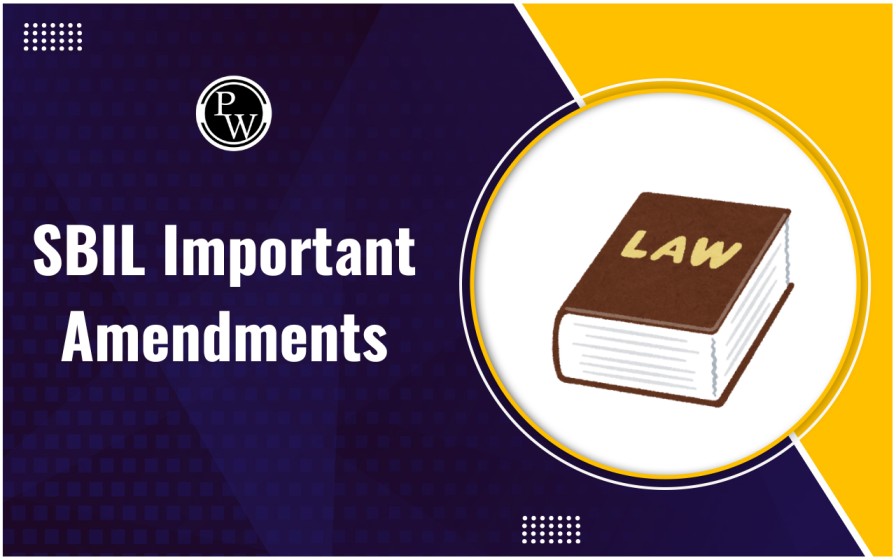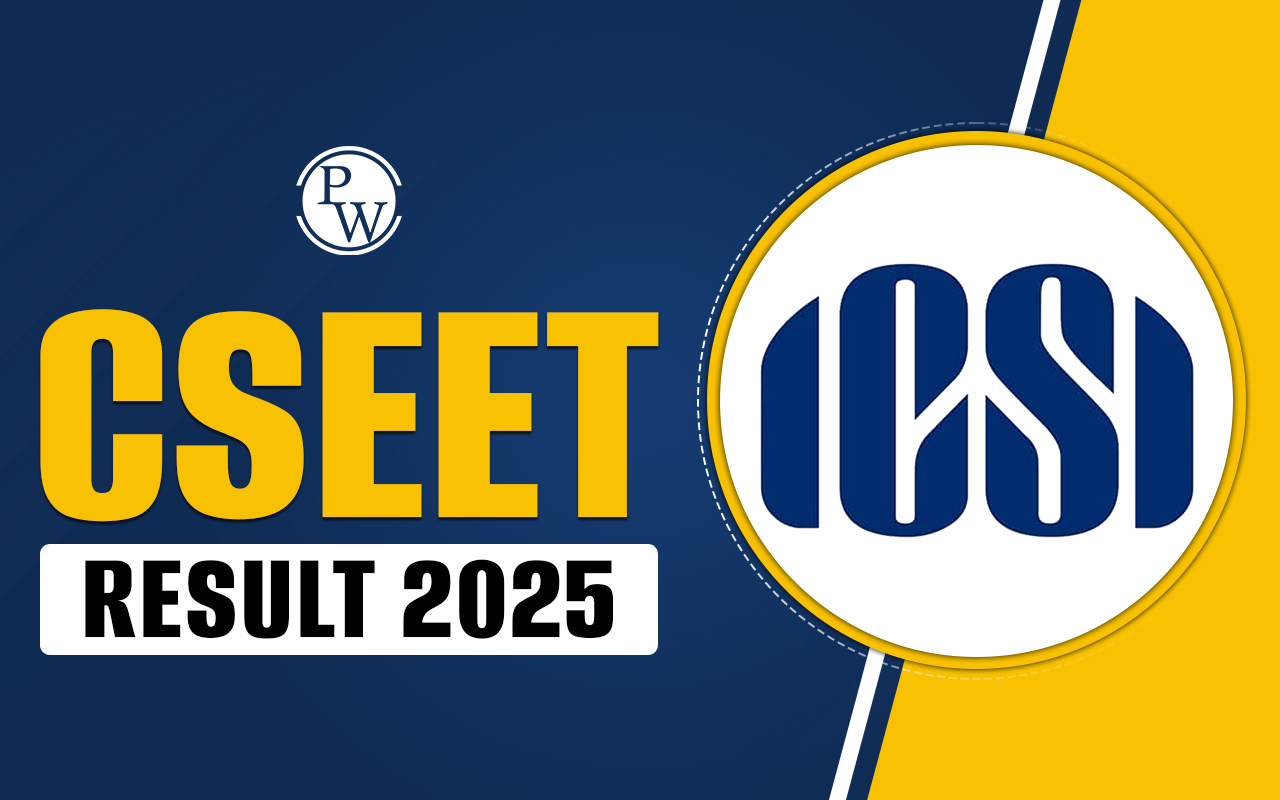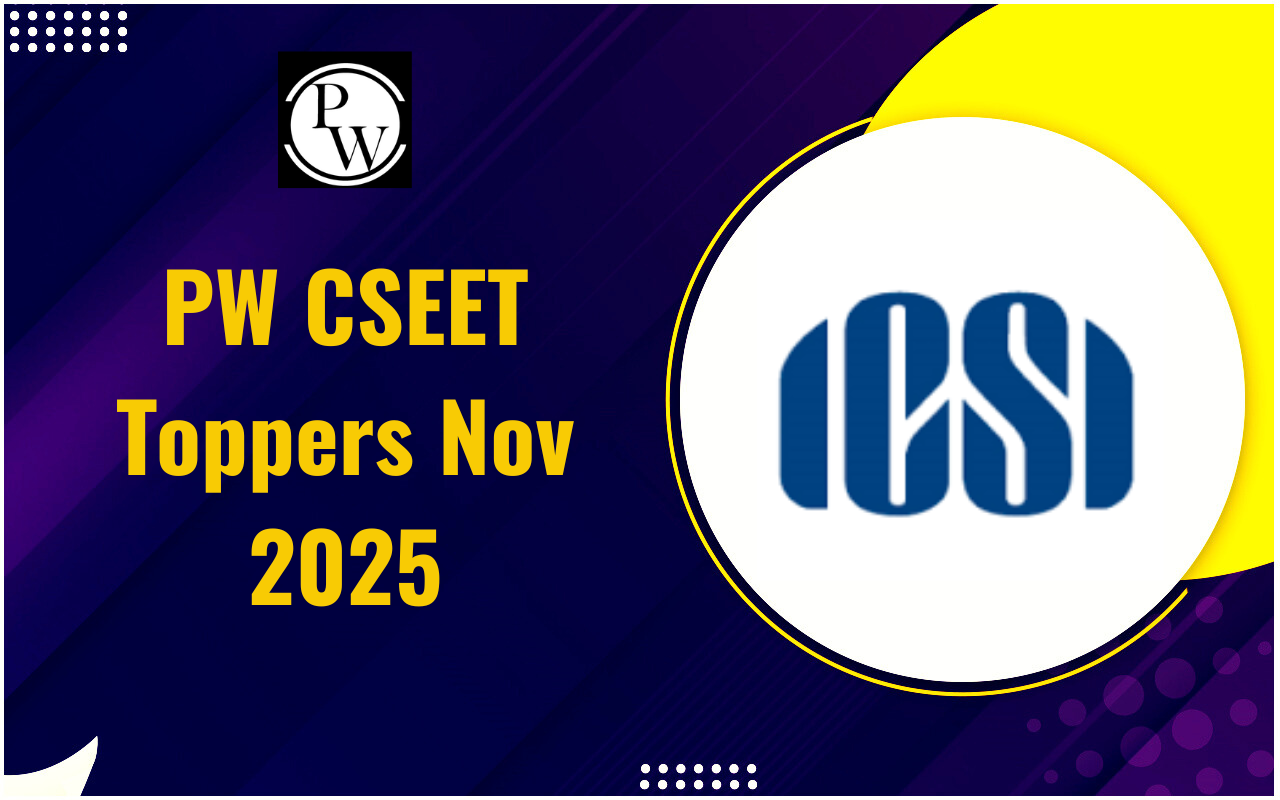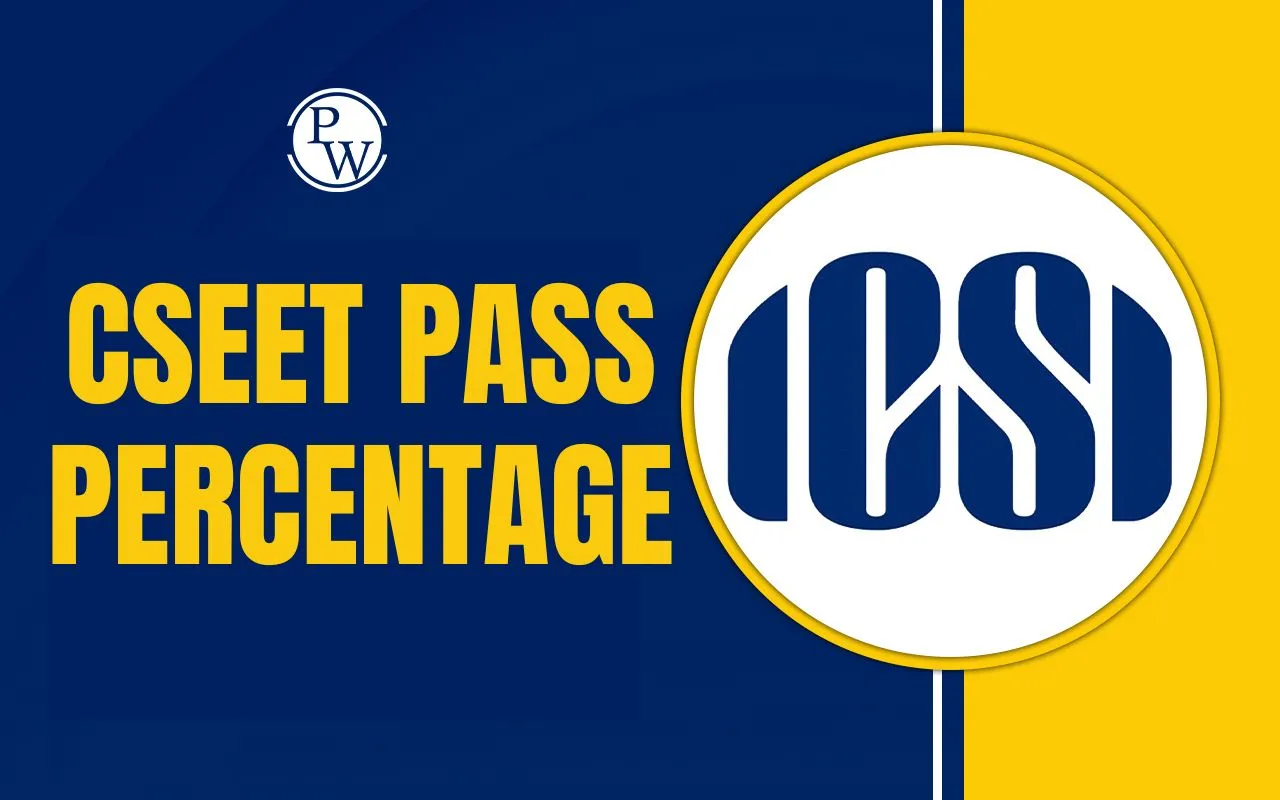
Law relating to trade marks simplify the marketing of goods and services by ensuring that products are easily recognizable. A trademark allows the owner to prevent competitors from using a similar mark or sign and thereby protect the product's identity and uniqueness in the market.
It can take various forms, including logos, picture marks, or slogans. It plays an essential role in distinguishing a product from others. Trademarks help businesses enhance their market presence and attract more investment, making them powerful tools for financial performance.Trademark Law in India Overview
Trademark laws in India came after 1940. Earlier, India had no special law for it. Older laws dealt with problems with trademarks. To fix this, the Indian Trademark Act was introduced in 1940 to protect businesses because trade and commerce were multiplying. More details about the trademark law in India are mentioned in the points below:- The Trademark and Merchandise Act replaced the earlier law in 1958 to improve protection and prevent misuse.
- It introduced trademark registration to give legal rights for exclusive use.
- The Trademark Act of 1999 took over from the previous Act, which was aligned with TRIPS (World Trade Organization standards).
- The law focused on protecting trademark users by defining property conditions and providing legal remedies.
Features of Trademark Law in India
The various features of trademark law in India are listed below:- The Trademark Act allows the police to arrest individuals who infringe upon trademarks and ensure more vigorous enforcement.
- It provides a clear and comprehensive definition of what constitutes trademark infringement and helps to eliminate confusion.
- The Act includes penalties for offenders and ensures that violations are met with appropriate consequences.
- It extends the duration of trademark registration and offers longer protection for trademark owners.
- The Act permits the registration of non-traditional trademarks. This broadens the scope of what can be legally protected
Types of Trademarks
The various types of trademarks include the following:Service Mark
A service mark is a symbol, name, sign, device, or word used in trade to distinguish the services of one provider from others. It does not cover material goods but only services such as sponsorship, hotel services, entertainment, speed reading instruction, management, and housing development. A service mark plays an essential role in promoting and selling services and is also known as a trademark when indicating a product.Collective Mark
A collective mark is used by employees, groups, or members of an association to identify the source of goods or services. It signifies that the marketer or trader is part of a specific group. For example, "CA" is a collective mark used by the Institute of Chartered Accountants. Collective marks can indicate the origin of a product and are registered as a whole group, even if used by individual members. This concept was added to the Trademark Act in 1988.Certification Mark
A certification mark is a sign that verifies a product or service meets certain standards. It assures that a specific quality or characteristic has been checked and approved. Defined in the Trademark Act of 1999, a certification mark identifies goods or services certified by the mark owner for their source, method of manufacture, performance, quality, and accuracy.Uses of Trademark
The various uses of the trademark are listed below:- Trademarks help identify the owner of a product. For example, products like the iPod and Big Mac are easily recognized by their unique trademarks.
- Company logos serve as powerful symbols that represent the business. For instance, McDonald's Golden Arches and their slogan “I’m lovin’ it” instantly connect consumers to the brand.
- Trademarks consist of brand names that help distinguish products and services in the market.
Trademark Registration According to the Law
Any individual or entity can apply for trademark registration by providing details of the goods/services, such as name, mark, class, applicant's name, and address. The various conditions and stages involved in the trademark registration are described below:Conditions of Registration:
The following are the conditions of registration for the trademark:- A Controller General of Patents, Designs, and Trademarks is appointed as the registrar.
- Additional officers may be appointed to assist under the registrar's direction.
- The registrar can transfer or withdraw cases with written reasons.
- Registered trademarks are recorded and preserved electronically.
Reasons for Refusal of Trademark:
The various reasons for the refusal of the trademark include:- Marks lack distinctive characteristics.
- Marks indicating kind, quality, quantity, purpose, or origin that are common in language.
- Marks that deceive the public or cause confusion.
- Marks containing offensive and prohibited content.
- Marks consist of the shape of goods that are functional or add substantial value.
Test of Similarity for Trademark
The test of similarity for the trademark is conducted on the basis of- Comparing essential features of two marks.
- Focus on overall similarity rather than minor differences.
- Evaluate if the marks could deceive typical consumers.
Procedure and Duration of Registration
The details of the procedure and duration of registration are described below:- Submit an application to the registrar with the required fee.
- Trademark registration lasts for ten years.
- It can be renewed for another ten years from the expiration date.
- The registrar will notify the owner before the registration expires.
- If renewal is not completed on time, the trademark may be removed but can be restored with a late fee within six months to one year of expiration.
Trademark Law in India for International Registration
Trademark laws in India only cover protection within the country. To protect a trademark abroad, you need to register it in each foreign country. However, since 2013, India has been part of the Madrid Protocol, allowing for a single international application to cover multiple countries. For example, Micromax used this system to protect its trademark in over 110 countries. You can file an international application either directly in each country or through the Madrid Protocol, where the Indian Trademark Office forwards the application to the World Intellectual Property Organization (WIPO), which then handles it in foreign countries. Need expert guidance to understand trademark laws in detail? Join PW CS Online Classes and get trained by top-notch professionals.Law Relating to Trade Marks Tax FAQs
What is the Trademark Act 2000?
The Trademark Act of 2000 grants legal protection to a design. It ensures that designs are safeguarded under trademark law.
Who is the owner of the trademark?
The trademark owner is the party that controls the nature and quality of goods and services used in connection with the brand.
Do trademarks expire in India?
The validity period of the trademark in India is for ten years.
What is the punishment for the Trademark Act?
Imprisonment for a period not less than six months may extend to three years, or a fine that is not less than Rs.50,000 may extend to Rs.2 lakh.
🔥 Trending Blogs
Talk to a counsellorHave doubts? Our support team will be happy to assist you!

Check out these Related Articles
Free Learning Resources
PW Books
Notes (Class 10-12)
PW Study Materials
Notes (Class 6-9)
Ncert Solutions
Govt Exams
Class 6th to 12th Online Courses
Govt Job Exams Courses
UPSC Coaching
Defence Exam Coaching
Gate Exam Coaching
Other Exams
Know about Physics Wallah
Physics Wallah is an Indian edtech platform that provides accessible & comprehensive learning experiences to students from Class 6th to postgraduate level. We also provide extensive NCERT solutions, sample paper, NEET, JEE Mains, BITSAT previous year papers & more such resources to students. Physics Wallah also caters to over 3.5 million registered students and over 78 lakh+ Youtube subscribers with 4.8 rating on its app.
We Stand Out because
We provide students with intensive courses with India’s qualified & experienced faculties & mentors. PW strives to make the learning experience comprehensive and accessible for students of all sections of society. We believe in empowering every single student who couldn't dream of a good career in engineering and medical field earlier.
Our Key Focus Areas
Physics Wallah's main focus is to make the learning experience as economical as possible for all students. With our affordable courses like Lakshya, Udaan and Arjuna and many others, we have been able to provide a platform for lakhs of aspirants. From providing Chemistry, Maths, Physics formula to giving e-books of eminent authors like RD Sharma, RS Aggarwal and Lakhmir Singh, PW focuses on every single student's need for preparation.
What Makes Us Different
Physics Wallah strives to develop a comprehensive pedagogical structure for students, where they get a state-of-the-art learning experience with study material and resources. Apart from catering students preparing for JEE Mains and NEET, PW also provides study material for each state board like Uttar Pradesh, Bihar, and others
Copyright © 2025 Physicswallah Limited All rights reserved.
Get App









